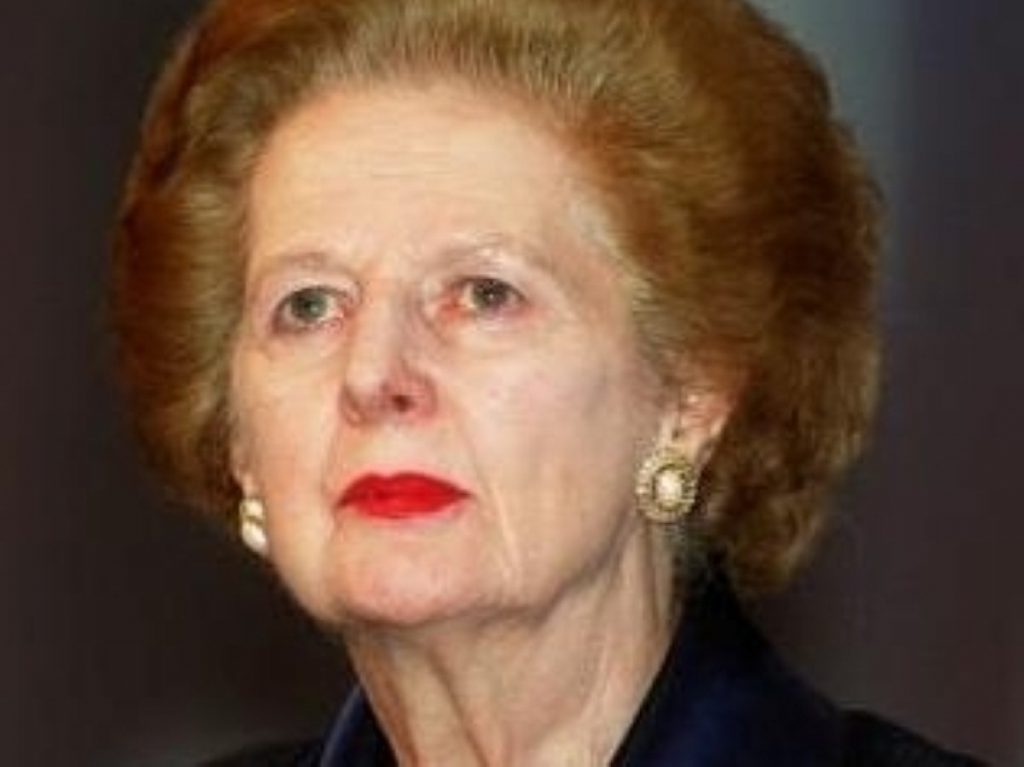TUC: Cuts will incite ‘poll tax’-scale revolt
by Peter Wozniak
The government’s push for deficit reduction will lead to public unrest on the same scale as during Margaret Thatcher’s failed attempt to introduce a poll tax, the Trades Union Congress has argued.
Kicking off a campaign to oppose the coalition’s spending cuts at the grassroots level, the TUC implied that the government’s approach was ideological rather than economically necessary.
Brendan Barber, head of the TUC, said: “The spending cuts threaten to choke off what is an extremely fragile recovery. At worst we face a double-dip recession. At best, we will have years of jobless growth and a dire start in life for a generation of young people.


“Our opponents often portray us as a vested interest simply defending public sector jobs. Well it’s certainly our job to protect our members, but this is just as much about private sector workers and the wider economy too.”
Mr Barber cited the knock-on effects of cuts on those private sector jobs which depend upon their relationship with the public sector, arguing that 38% of the money the government raises through taxation is redistributed in the private sphere.
The TUC also raised the ghost of Margaret Thatcher’s infamous ‘poll tax’ proposal, which met with heavy internal opposition from within her government and arguably contributed to the former prime minister’s declining popularity and ousting in 1990.
Mr Barber concluded: “The poll tax was defeated when government MPs returned to Westminster to report that their constituencies were in revolt. The poll tax offended the British people’s basic sense of what’s fair. So will the spending cuts.
“Every coalition MP with a small majority and every coalition MP who fought an election to oppose deep early cuts needs to feel the pressure from their constituents to change course. That is why we will put heavy emphasis on grass-roots community organising.”
Comparing the current government’s programme with the Conservative government of the 1980s has become a common theme in the rhetoric of unions and the current opposition, with Labour using the tactic widely in the election campaign.
The TUC plans to hold a mass rally on October 19th, on the eve of the comprehensive spending review, which will lay out the full scale of the coalition’s proposals to cut the burgeoning budget deficit.

